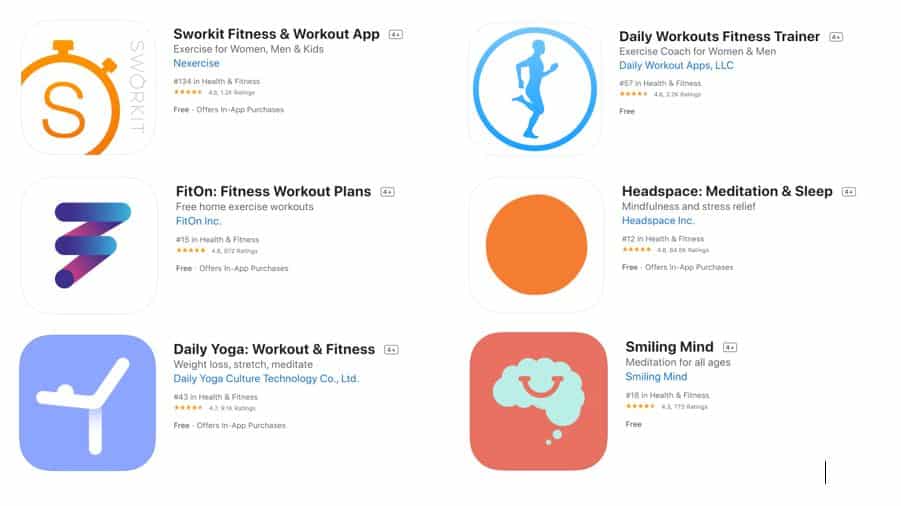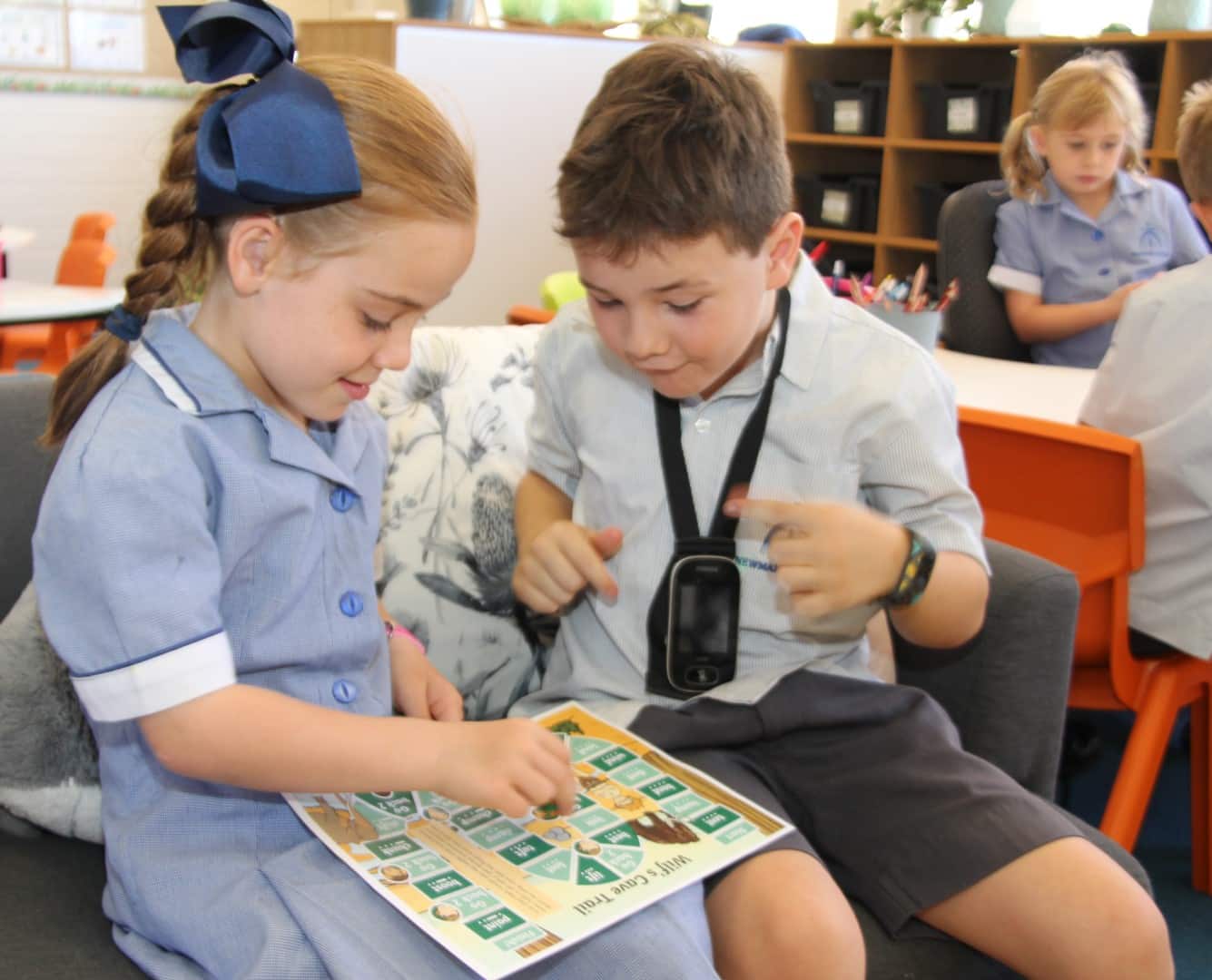It is important to stay connected to who we are during this time of uncertainty. These resources will help students and families to stay connected to themselves, and provide some valuable resources for times when you could use some help.
Newman College staff are available to support you should you have any questions or concerns during this time.
It is normal for young people to respond in different ways to a crisis – they may feel sad, stressed, confused, scared or angry. As parents, it can be difficult to know how to best support children and the amount of information available can be overwhelming. Below is a small selection of resources with quality information for parents on how they can help their children to understand, cope and stay connected during this time of uncertainty.
Articles for parents, including ‘Top tips and links for families in isolation’ and ‘Coping with the corona chaos’:
https://www.maggiedent.com/blog/post-type/article/
Information for parents and tips to help families cope:
https://raisingchildren.net.au/guides/coronavirus-covid-19-guide
Information for parents on reassuring children during COVID-19:
Information for parents on ways to share connection, comfort and care with their children:
With students studying at home, measures in place to limit interaction with others and community sport seasons postponed it is now more difficult to stay active.
According to the Guidelines for healthy growth & development for children & young people produced by the Department of Health, students between the ages of 5-17 should aim for at least 60 minutes of moderate to vigorous physical activity per day involving mainly aerobic activities that makes their heart beat faster – more is better.
The 60 minutes can be made up of shorter bursts of activity throughout the day that add up to 60 minutes or longer. Activities that are vigorous, as well as those that strengthen muscle and bone, should be incorporated (in the recommended 60 minutes of daily physical activity) at least three days per week. In addition, several hours of a variety of light physical activities should be undertaken each day.
Regular physical activity helps to achieve and maintain a healthy weight, build strong bones and muscles, improve balance, movement and coordination skills. It also supports brain development, concentration and the improvement of self-esteem and confidence.
Importantly during this time of heightened stress and uncertainty physical activity can assist with the management of anxiety and stress.
At Newman College we believe in the importance of balancing sedentary activities and screen time with physical activity and movement.
Please see below for a variety of suggestions on how to stay active in and around the home.
- WALK/JOG/CYCLE AROUND THE BACKYARD OR THE LOCAL PARK (IF PERMITTED).
- PUT ON SOME MUSIC AND DANCE.
- SET UP AN OBSTACLE COURSE WITH HOME EQUIPMENT.
- PRACTICE THE SKILLS FROM REGULAR WEEKEND SPORTS.
- 30 SECOND CHALLENGES
The College HPE Department have produced a series of 30 second challenges that are available on the College Instagram account. These will be updated regularly.
- ONLINE VIDEOS
There are many online videos with guided work outs. A sample set of YouTube resources can be found below:
The Body Coach TV
https://www.youtube.com/channel/UCAxW1XT0iEJo0TYlRfn6rYQ
Cosmic Kids Yoga
https://www.youtube.com/user/CosmicKidsYoga
Zumba
https://www.youtube.com/user/lovezumba
- FREE APPS
There are some great free apps for Android and iOS that can help you to stay active (please check suitability for your child).

It is important that parents prioritise self-care and looking after their own wellbeing, as “in order to care for others, we must first care for ourselves”. The below links have information and suggestions for maintaining personal health and wellbeing in the face of current challenges. These resources also provide information about how options for additional support, should it be required at any stage.
Information from the Department of Health and digital supports for mental health and wellbeing:
https://headtohealth.gov.au/covid-19-support/covid-19
Information for parents on how to maintain mental health during the coronavirus outbreak:
If your child is feeling stressed or concerned in relation to COVID-19, the below youth-specific resources may help them to cope with these feelings and develop strategies to maintain positive wellbeing. You may like to direct your child to these where appropriate, or use them as a basis for engaging in a supportive and goal-focused conversation with your child, acknowledging their concerns and helping them to plan what they can do to help with how they are feeling.
Information for students on self-care activities that they can do from home:
https://au.reachout.com/articles/10-ways-to-take-care-of-yourself-during-coronavirus
Information for students on coping with stress related to COVID-19:
If your family is experiencing difficulty coping with one or more of the many impacts of the current crisis, it is important to know that you are not alone, and that support is always available. Below is some information about community-based support services and options for mental health support that you can access to help navigate the complexities and challenges of life at this time.
Searchable directory of community support services:
https://serviceproviders.dss.gov.au/
Find your local headspace centre (youth support service):
https://headspace.org.au/headspace-centres/
Information on mental health care plans:
